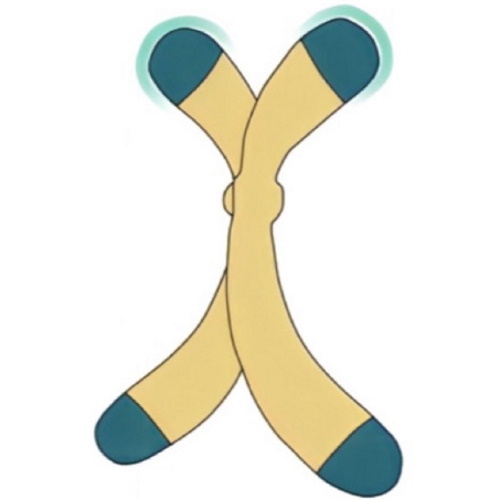Key points from article :
Viral-vector gene therapies could unlock healthy life extension in humans
Lifespan of mice greatly extended even when treatment only started at the equivalent of 56 years old
12-May-2022
Researchers showed that telomerase reverse transcriptase (TERT) can be given to living mice through a viral vector.
Stem cells naturally produce TERT to restore shrinking telomeres; aging organisms gradually lose this ability.
Cytomegalovirus (CMV) gene therapies with TERT might be a safe way for gene therapy in human beings.
Tested using follistatin (FST), a compound that promotes muscle growth.
Experiment was conducted on female Black mice beginning at 18 months of age.
Mice given FST lived nine months longer than controls.
Mice that received TERT lived for about two months longer than the FST group.
One mouse lived for a full 41.2 months (~ to a human supercentenarian).
Telomere length in the TERT group tripled, reaching the level of younger animals.
Decrease in body weights occurred more slowly in the FST and TERT groups.
If the results recapitulated in people, this may be a safe and effective gene therapy for life extension.
Study by Rutgers New Jersey Medical School, co-authored by Hua Zhu, and published in PNAS.
Mentioned in this article:
Click on resource name for more details.
Proceedings of the National Academy of Sciences (PNAS)
Multidisciplinary scientific journal, official journal of the National Academy of Sciences






